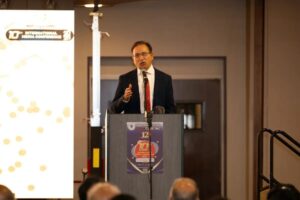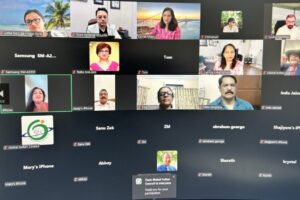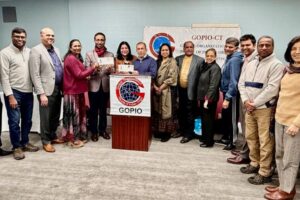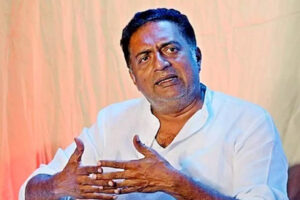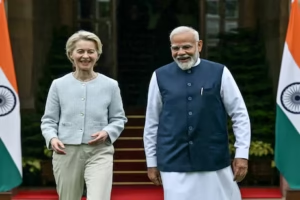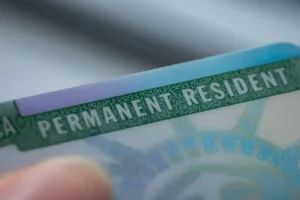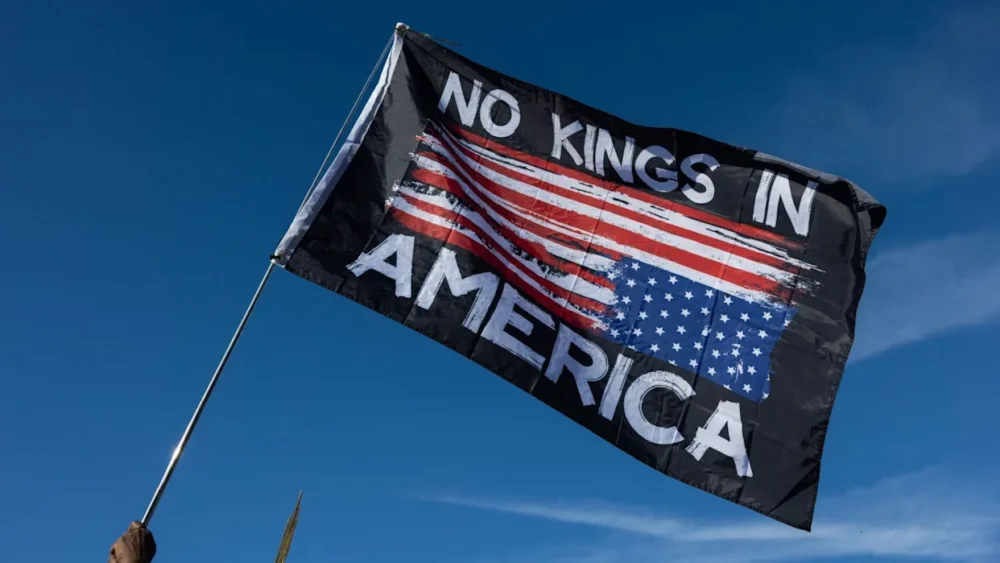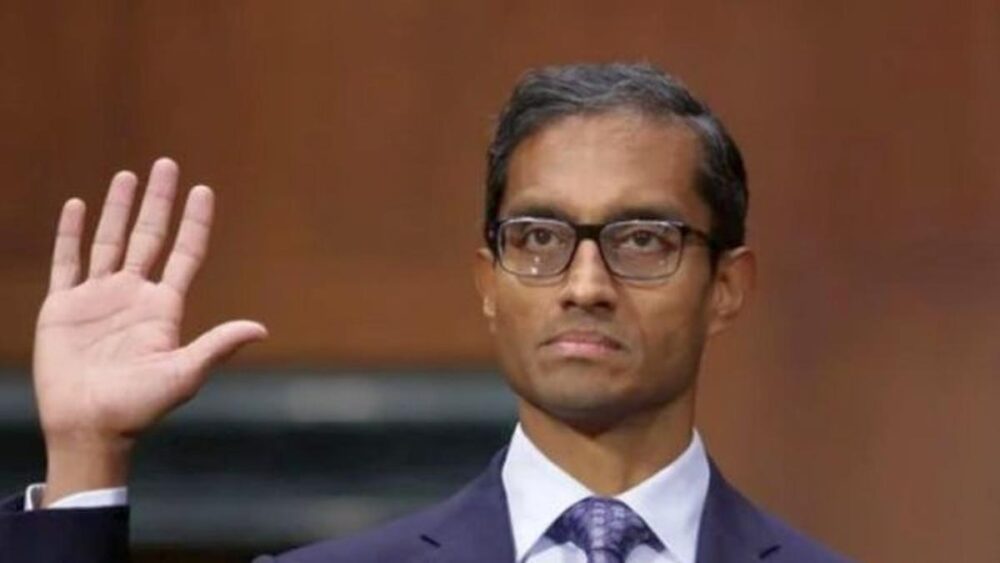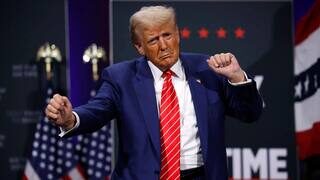In an unprecedented display of civic participation, millions of Americans took to the streets under the banner of the “No Kings” protests, uniting across states to voice their opposition to growing fears of authoritarianism.
Participants came from all walks of life—teachers, veterans, professionals, and students—who said they were motivated by a shared belief in preserving democracy and constitutional values rather than political partisanship.
Many of the demonstrators described the movement as peaceful but powerful, emphasizing their right to protest and advocate for transparency in government. Chants of “No Kings” echoed through city squares and parks across the country, symbolizing resistance against any attempt to consolidate unchecked power.
While the demonstrations remained largely calm, political reactions were swift. Some Republican leaders criticized the movement as divisive, accusing organizers of promoting chaos and undermining the administration. Protesters, however, dismissed these claims, stating that their goal was to ensure accountability and defend democratic principles.
Observers noted that the diversity of participants—spanning age groups, professions, and political backgrounds—underscored a shifting public sentiment. The widespread engagement, organizers say, reflects a renewed sense of civic duty and may have lasting political consequences as elections draw near.
As the “No Kings” movement continues to gain traction, it highlights a crucial message: that democracy thrives only when citizens stand united against complacency and authoritarian tendencies.

